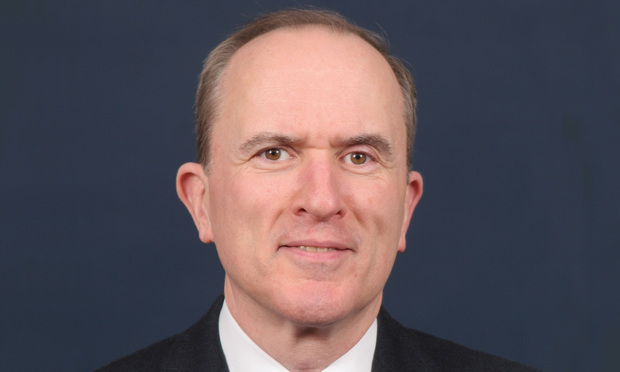In recent years, there has been considerable controversy over whether the state’s interest in protecting the health of patients in hospitals and nursing homes trumps the right of the physicians, nurses and other individuals providing services in those facilities to determine for themselves whether they will be inoculated with anti-influenza (flu) vaccine. Some states, including New York, have compromised by requiring that those who refuse to be inoculated wear face masks when interacting with patients. However, that too has been unacceptable to some health care workers. Two court decisions, including a recent one from the Appellate Division, have dismissed a challenge to the face mask alternative, and offer solid legal analyses of this issue.
Background
Patients in hospitals, elderly residents of nursing homes, and those receiving home care services often have compromised immune systems, and as such are especially vulnerable to contracting the flu (and other contagious diseases) from people with whom they come into contact. While the flu can make a healthy person very sick, it can debilitate or even be fatal to sick or elderly individuals.
This content has been archived. It is available through our partners, LexisNexis® and Bloomberg Law.
To view this content, please continue to their sites.
Not a Lexis Subscriber?
Subscribe Now
Not a Bloomberg Law Subscriber?
Subscribe Now
LexisNexis® and Bloomberg Law are third party online distributors of the broad collection of current and archived versions of ALM's legal news publications. LexisNexis® and Bloomberg Law customers are able to access and use ALM's content, including content from the National Law Journal, The American Lawyer, Legaltech News, The New York Law Journal, and Corporate Counsel, as well as other sources of legal information.
For questions call 1-877-256-2472 or contact us at [email protected]



